Michael Kimmel, in his piece on Masculinity As Homophobia, in the book Theorizing Masculinity, said –
Homophobia is the fear that other men will unmask us, emasculate us, reveal to us and the world that we do not measure up, that we are not real men. We are afraid to let other men see that fear. Fear makes us ashamed, because the recognition of fear in ourselves is proof to ourselves that we are not as manly as we pretend...Shame leads to silence—the silences that keep other people believing that we actually approve of the things that are done to women, to minorities, to gays and lesbians in our culture...Our fears are the sources of our silences, and men's silence is what keeps the system running.

My exposure to gendered oppression and feminism came during my late teens. As a child, I saw shit happening around me, in my family, and with me. I went to an all-boys school, and well, it was violent, to say the least. My caste was always in question. Everyone seemed to know the implication of my surname except me. I didn't know terms like misogyny and homophobia, but in my guts, I always knew something was wrong with all of it.
When I left the city to pursue college, I had hoped for it all to stay behind, but the pandemic ruined my plans. I was stuck halfway through exploring my queer, anti-caste, feminist self and barely surviving in this not-so-metropolitan, homogenously middle-class city. I never felt safe being visibly queer in my house or in the streets. I had locked my favourite vibrant shirts in the corner of my wardrobe. I anxiously chipped at my nail polish whenever I was outside. I knew that clothes don't really protect us from violence, but I had hoped for some resemblance of safety if I seemed less "deviant".

It happened one rainy evening when I was cycling back to my house. I was dressed in a casual purple coloured t-shirt and red track pants. A man stopped his bike next to me and asked for a lighter. He parked under a tree while we waited for the rain to pass. My gut was churning inside me, but I didn't have much choice. Besides, there were people around us. He offered me a cigarette, and I accepted it with much suspicion, but I had no idea what the evening had in store for me.
He tried to initiate a conversation, but it was so sexually inappropriate. He asked me if I had had sex before, and if I masturbated. Then he went on to narrate his sexual "exploits". He said he lived in a men's hostel where he would frequently force his roommates for blowjobs while they were drunk. It felt as if he was talking to himself, oblivious to what he was saying. All this while he kept pressing on my crotch with his hand. He wanted to feel the cruel satisfaction of getting me erect without my consent.
I felt immobilized with fear and disgust. I wanted to run, but I was transfixed to the ground. I looked around, hoping someone would notice, but the world went on around me as if nothing was wrong. Only my insides knew how wrong it was and how violated I felt. He asked me if I was having an erection. Enraged and not wanting to give him the satisfaction, I replied that I didn't.

After returning home, my first instinct was to bury it all inside. I felt ashamed and guilty as if I "allowed" it to happen to me. I wanted to suppress the incident as if nothing had happened, but my body couldn't take it anymore. I thought that if I shared the incident with anyone, they would gaslight me into thinking it was my fault for stopping beside the road and accepting the cigarette. I called up my partner, and after stammering a lot at first, I managed to narrate the whole incident. Even after going through the incident and dissecting why the man assaulted me in the first place, I still wasn't feeling that my body was mine. Then I remembered that violation of any form, at its core, intended to strip me of my autonomy and sense of self. Once I peeled off the layers of rage, hurt, and shame, I realized what I actually felt, was a profound sense of powerlessness.
I called up my friends and talked to them about the incident. They held me with love and safety as they always do. After taking a long shower and washing away his touch, I still felt that I won't be able to get hard by my touch or my partner. I masturbated twice as a statement to claim my body and sexuality and to reaffirm that nobody's touch can do anything to me if I don't consent to it. Still, there was the question of how this assault would reflect on my sexual relationship with my partner. Will I be able to get myself hard or simply zone out? Will I be reminded of the traumatic experience at their touch? Will it make me violent with them? Basically, I was afraid of how my body might react to consensual touch.

Through my previous experience in BDSM, I realized that when there is an unequal power dynamic at play, the unhealed parts of us try to compensate for our lack of power at some point in our lives. My shame was intense, but I didn't want my unresolved trauma to manifest in the bedroom. I was working on being more aware of my privilege and oppression. My politics of intersectionality urged me to forgive myself for that which I had no power over and extend space to those more vulnerable than me.
Despite these apprehensions, I wanted to give myself a chance. Spontaneity was not an option for me, so we decided to schedule the sex at a specific time. Good, passionate sex doesn't always have to be spur-of-the-moment. Talking and planning sexual sessions doesn't take away its excitement but only adds to its yearning. We incorporated a foreplay session which was longer than usual, full of cuddles and repeated affirmations. My partner assured me that even if I didn't get hard, we had sex toys at hand that we could include any time. They noticed my non-verbal cues when I was zoning out. I was having a hard time saying I needed a break, so they took charge and said it was time for a breather. We lay there, side by side, until we lost track of time. They told me that they would be ready for me when I was ready for them. I got up, hydrated myself, and grabbed our favourite dildo and lube from the bed stand.
I looked across my partner's face, all dizzy and red from the orgasms they got. I remembered what owning my sexuality meant to me in the first place: to feel the joy of watching someone I love, tremble with pleasure and roll over to my chest with a smile on their face. I felt grounded to my core, and the warmth that was lost in the rain seeped back into my body once again.

Just like any other oppression, patriarchy feasts on our unhealed wounds. Our caste and gender identities alienate us. We are vulnerable to predators because we don't have a safe space or fair due process to seek justice, and they know it. I was less than a kilometer away from the nearest police station, but it didn't occur to me even once to lodge a complaint. With its parameters of toxic masculinity, I know that this society cannot imagine that men can be raped. If you don't conform to that particular form of manhood, then society will say you deserve it.
So, what can we do in the face of oppression? We embrace vulnerability as an essential part of being queer men. We talk out loud. We go to our friends, care for our bodies, and share our experiences, so we don't feel alone.



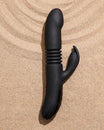
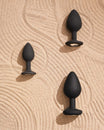
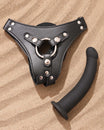
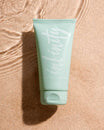
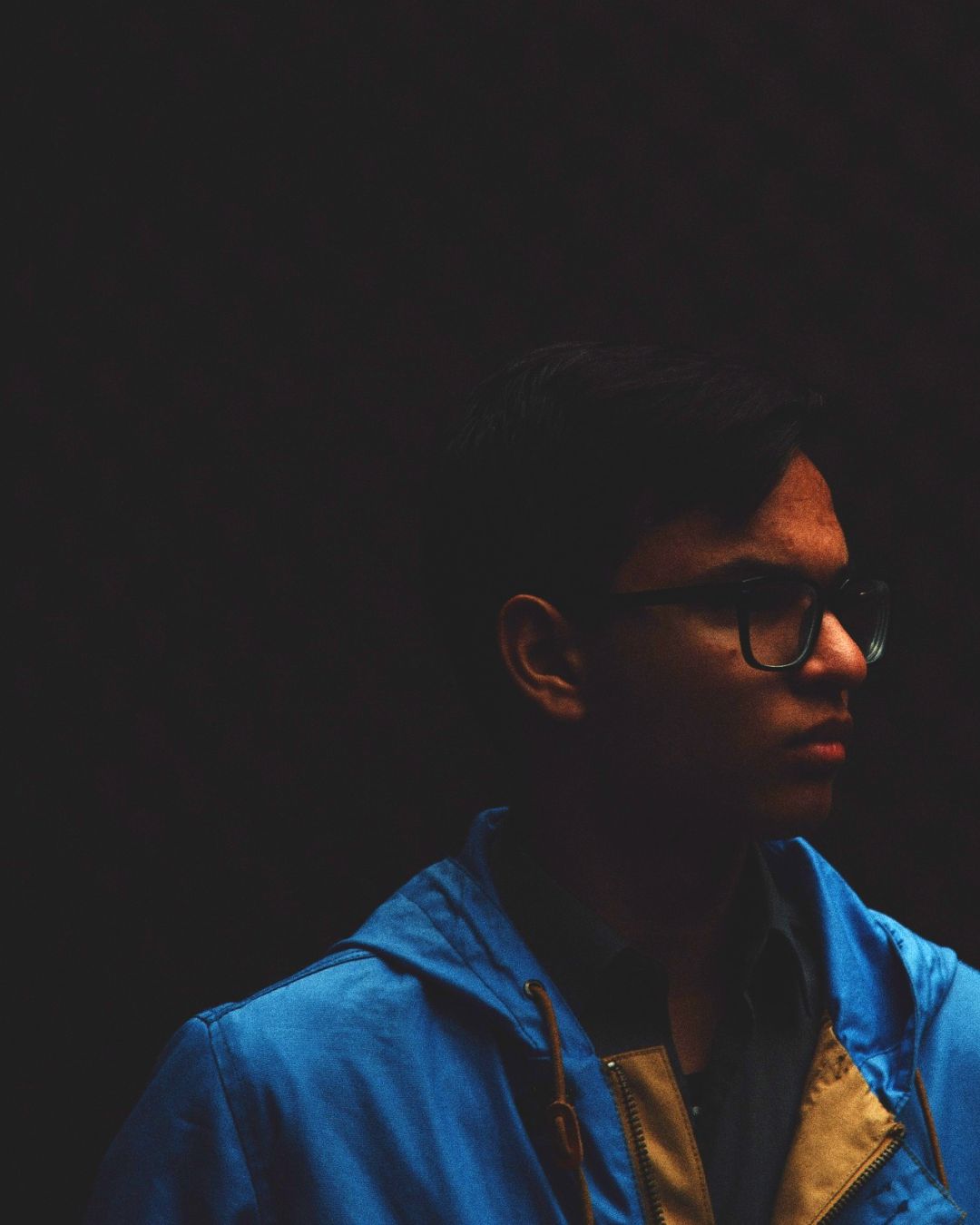
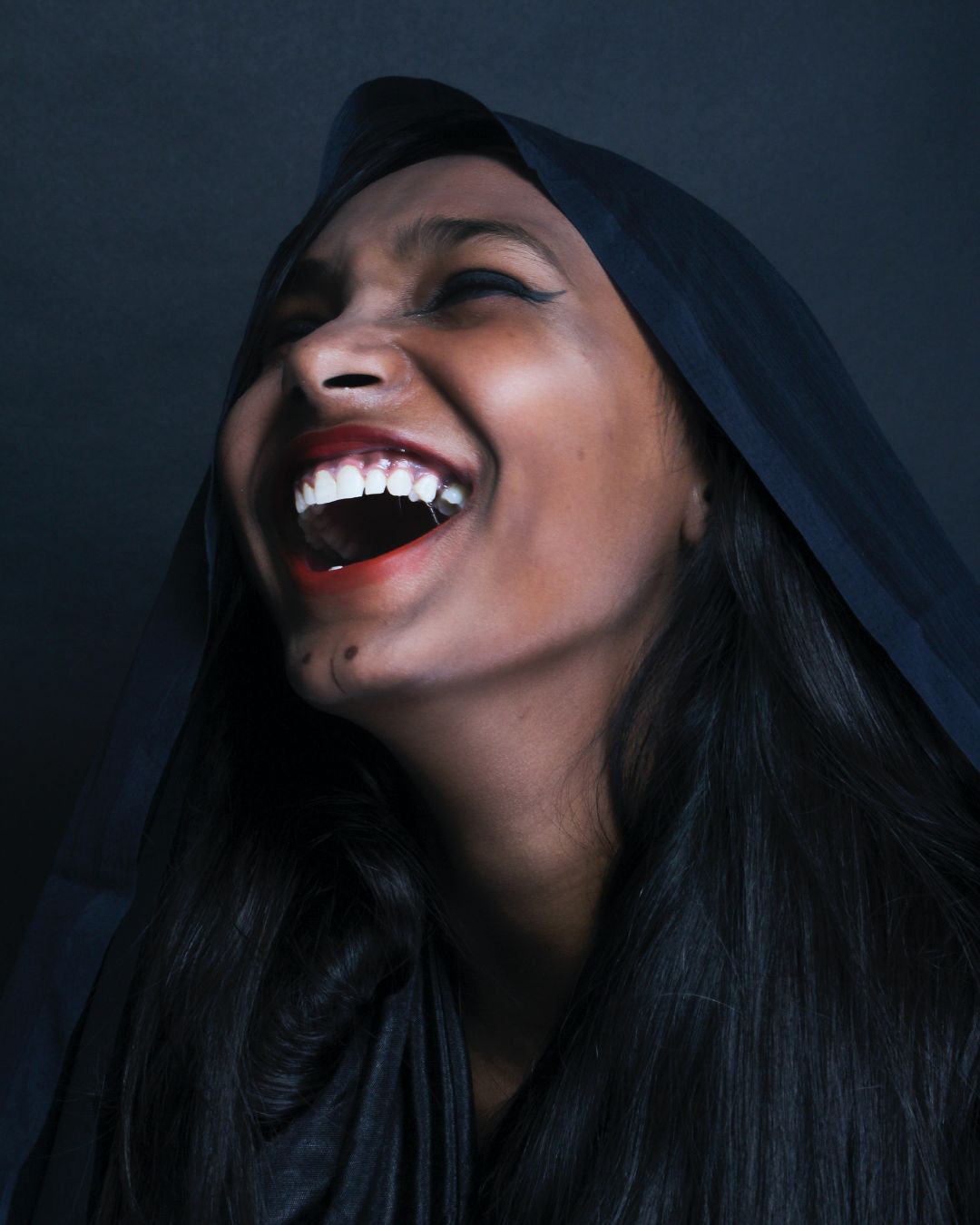
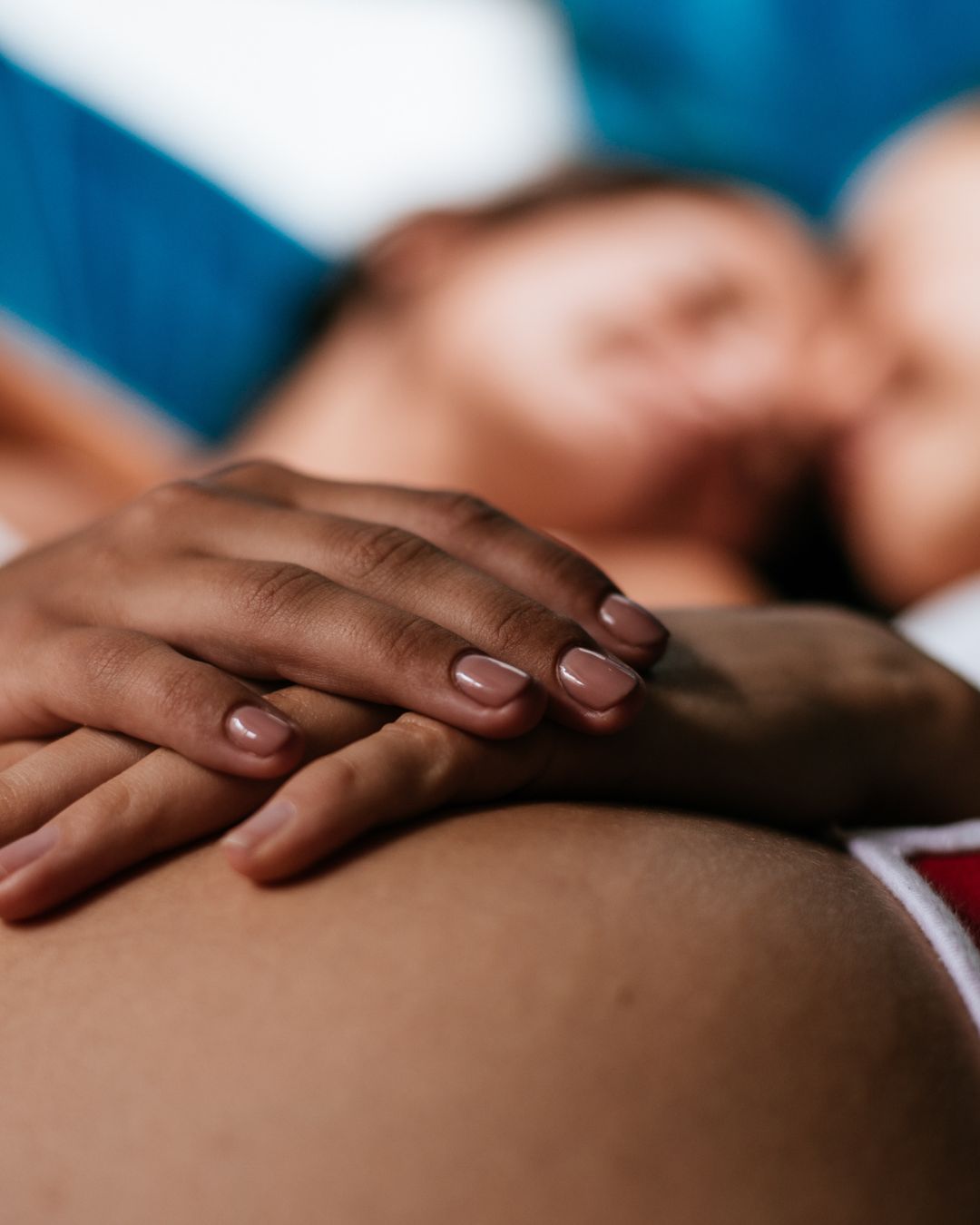
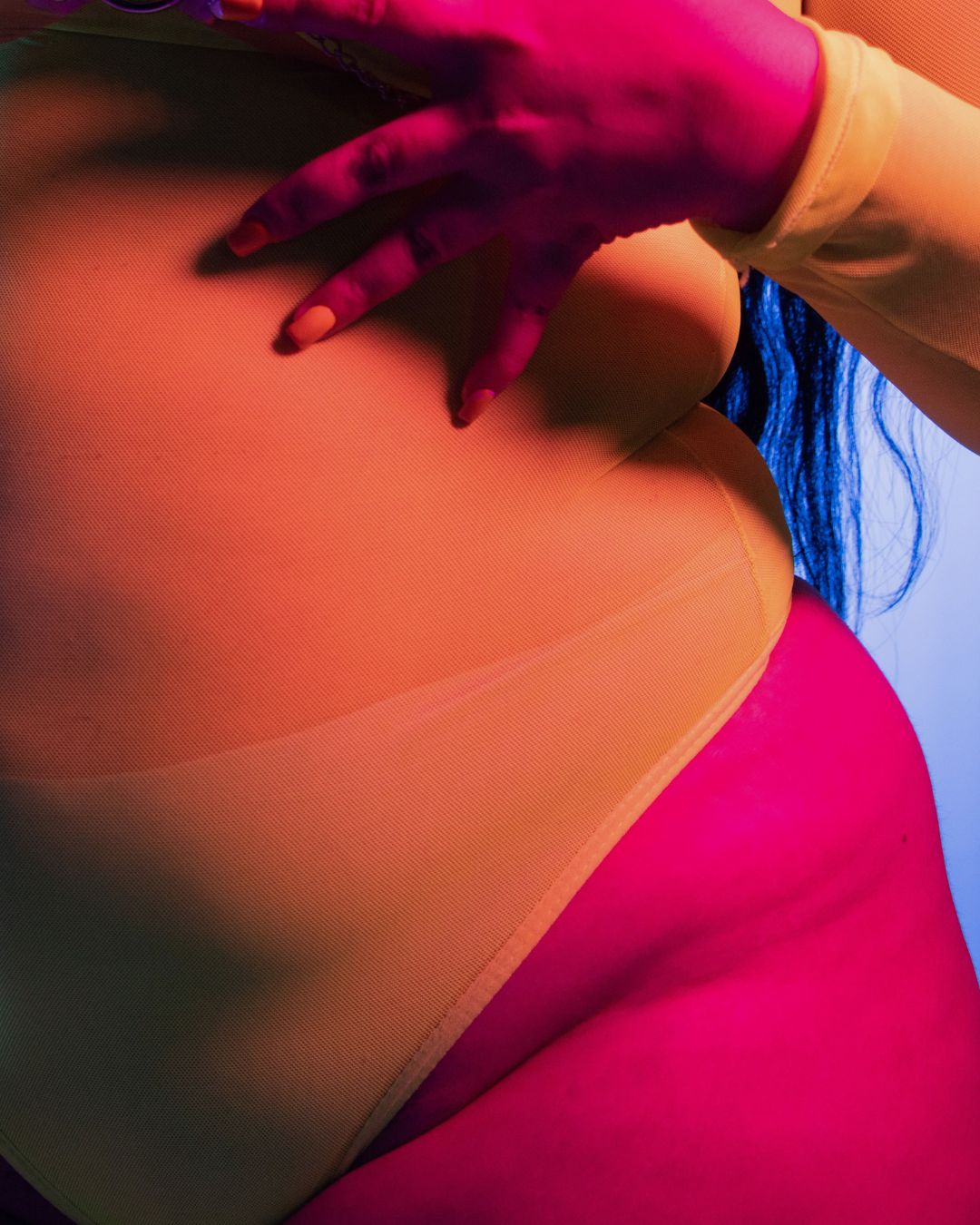
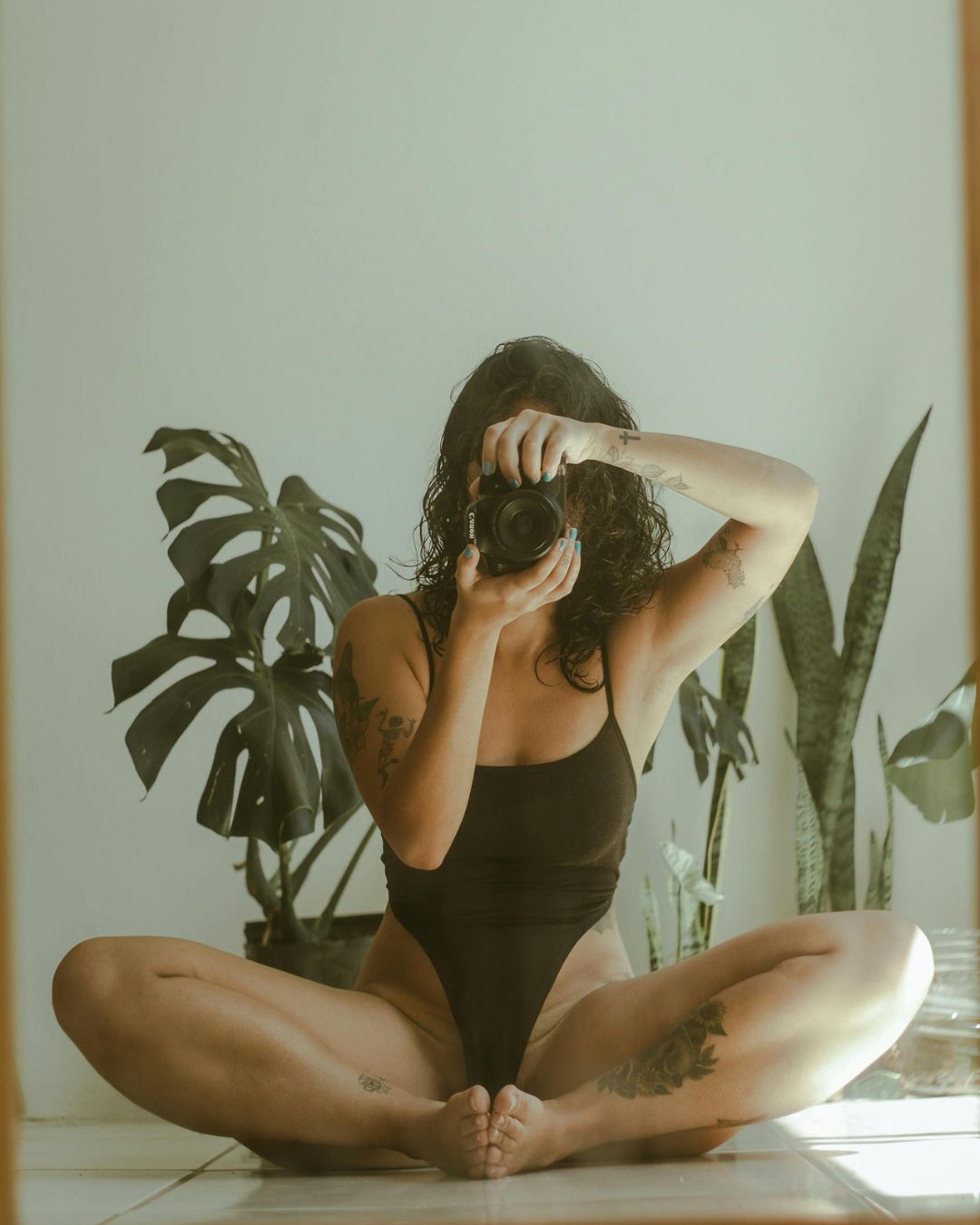
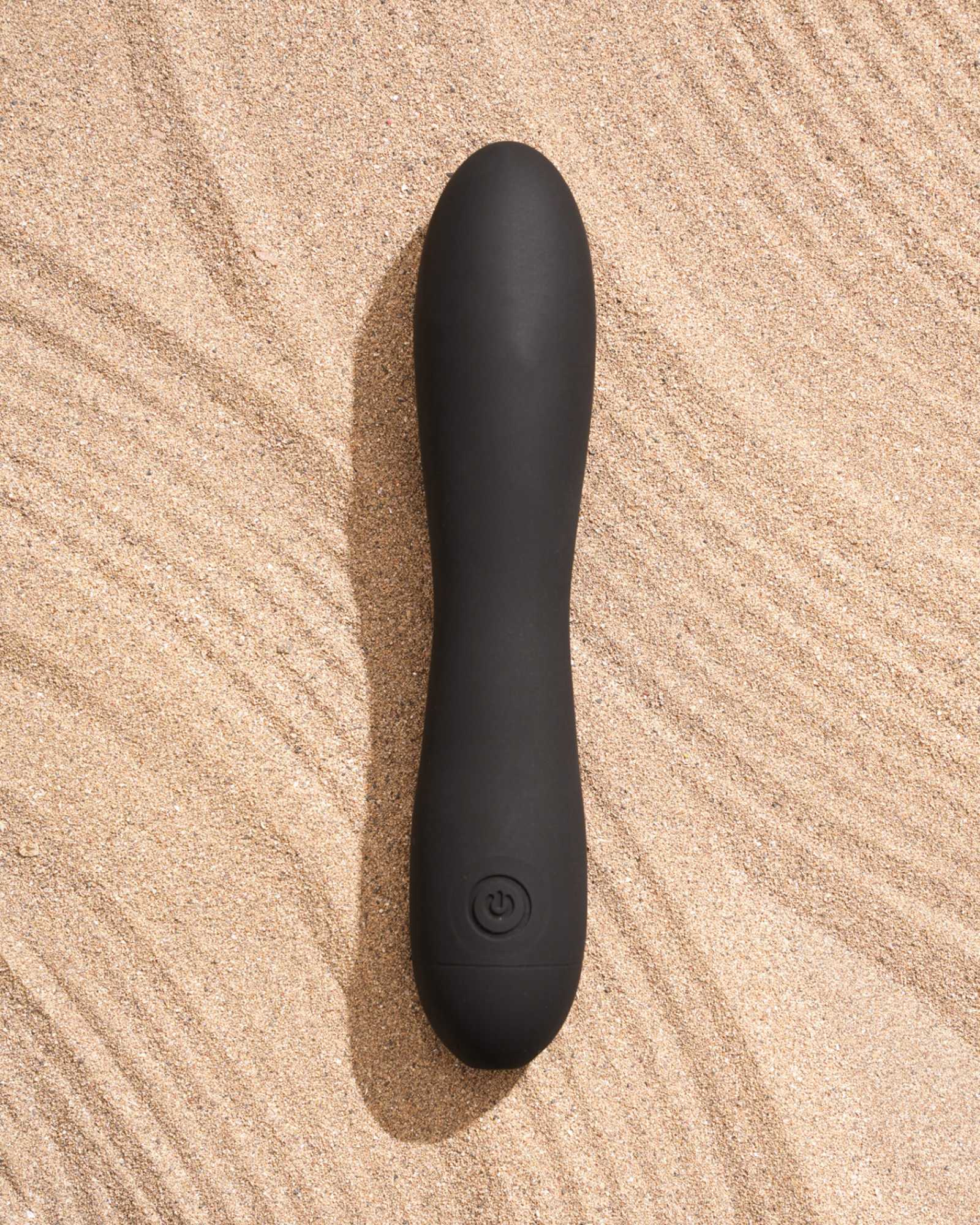
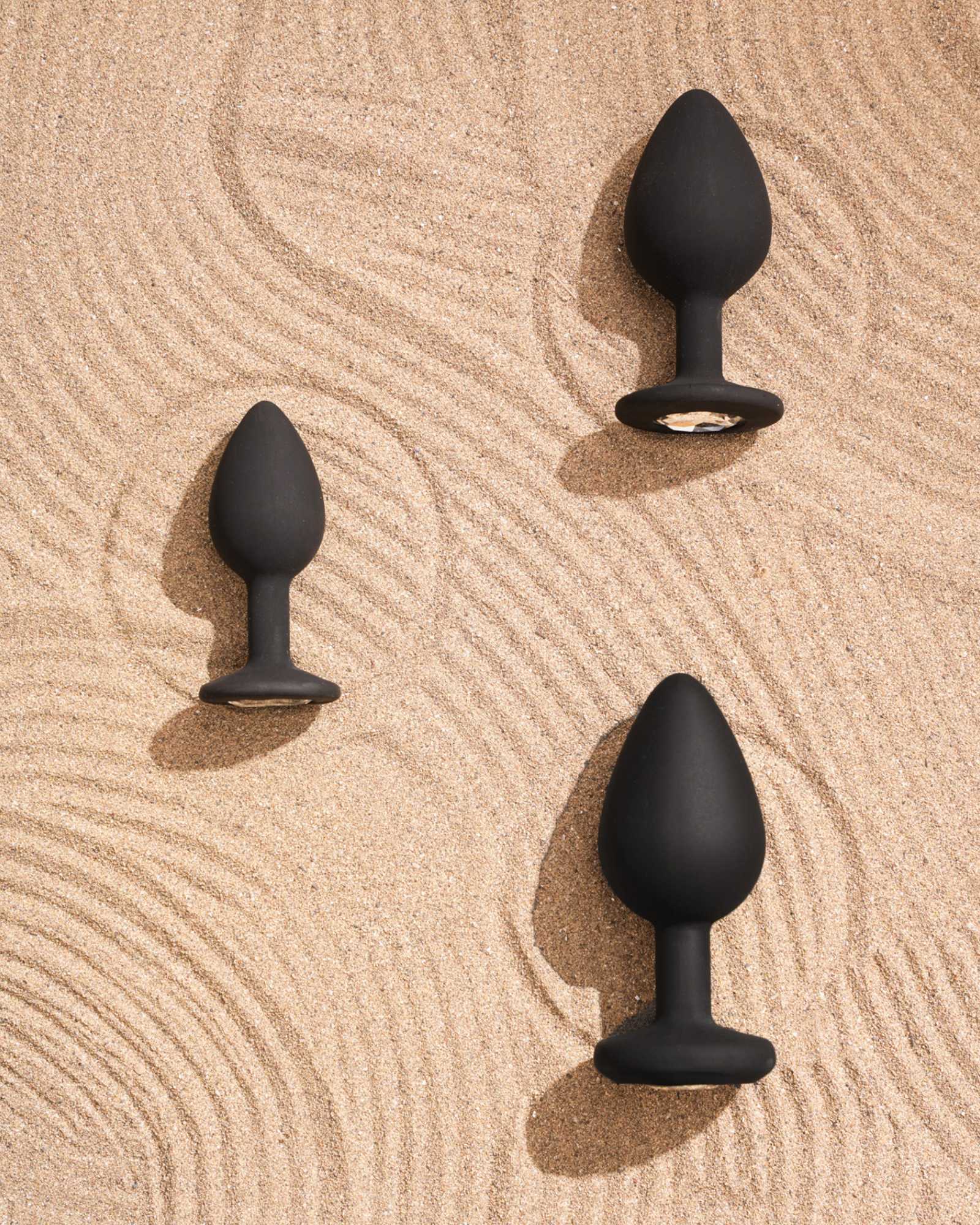
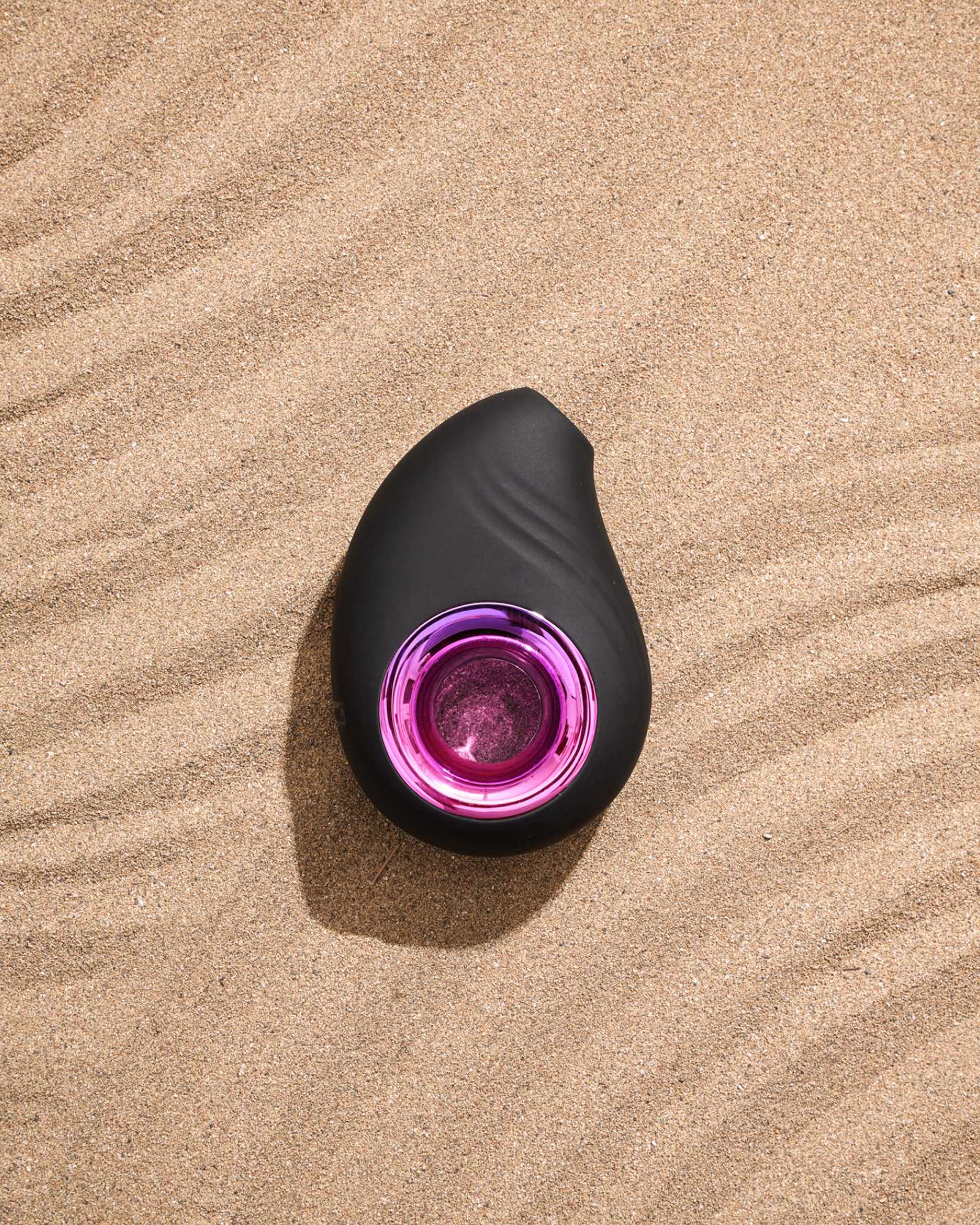
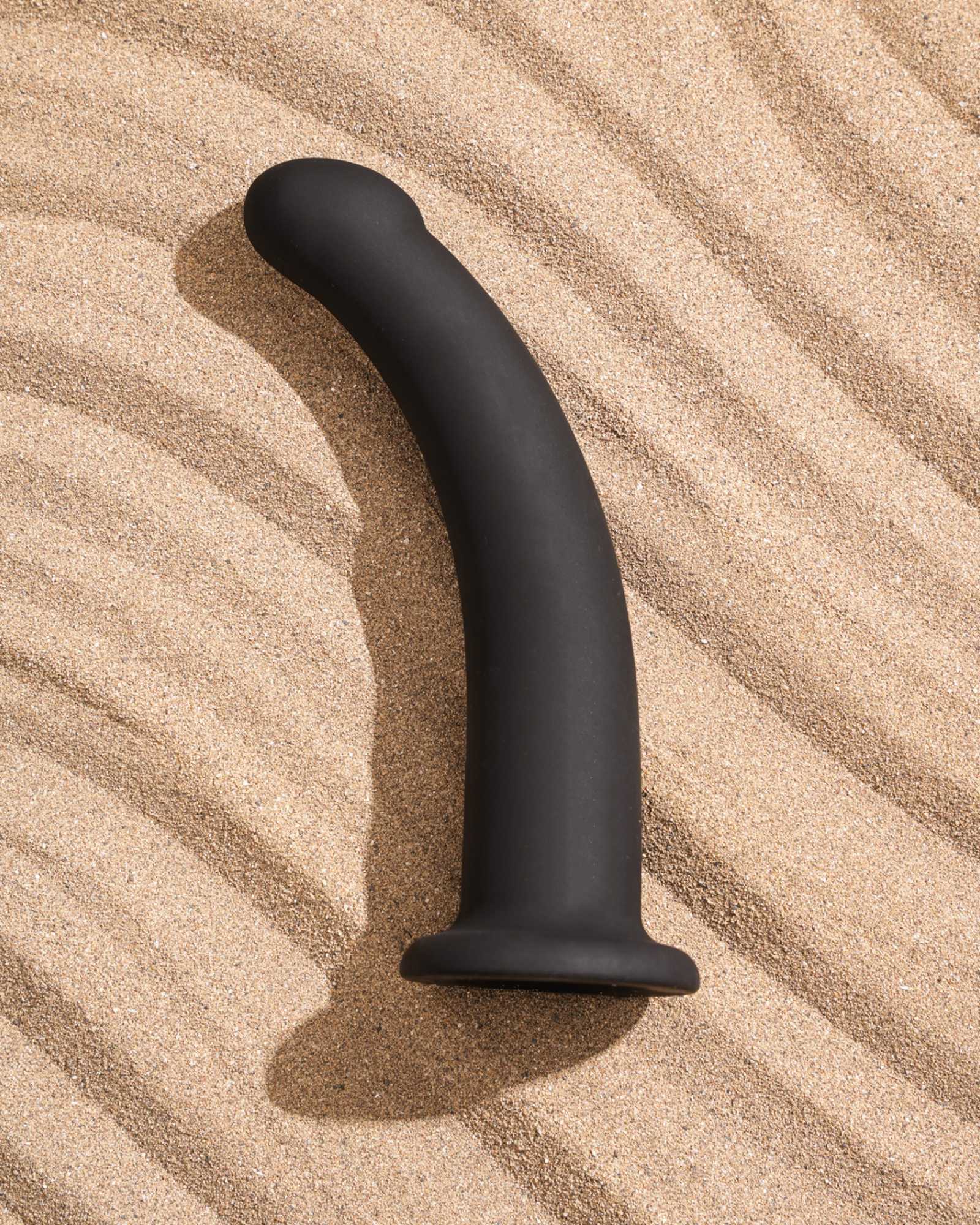
Leave a comment
This site is protected by hCaptcha and the hCaptcha Privacy Policy and Terms of Service apply.